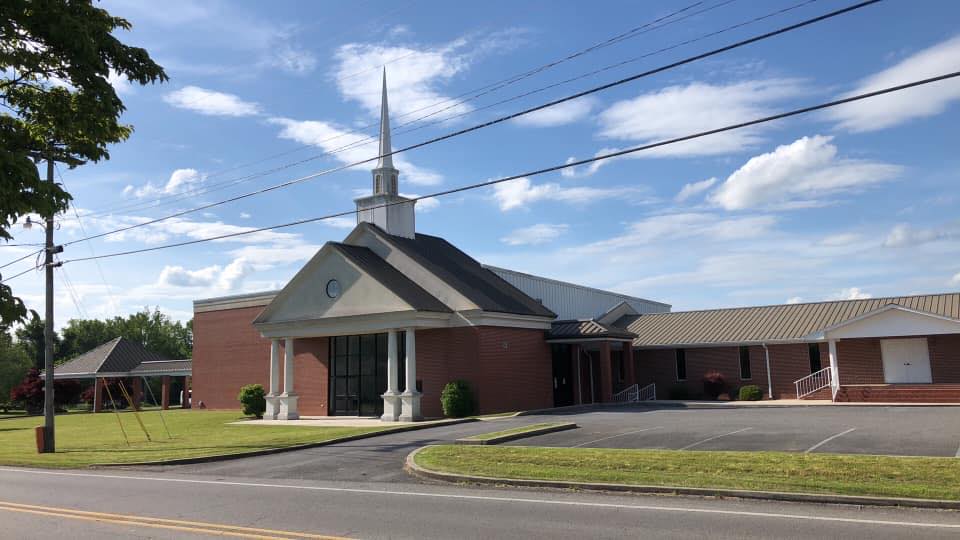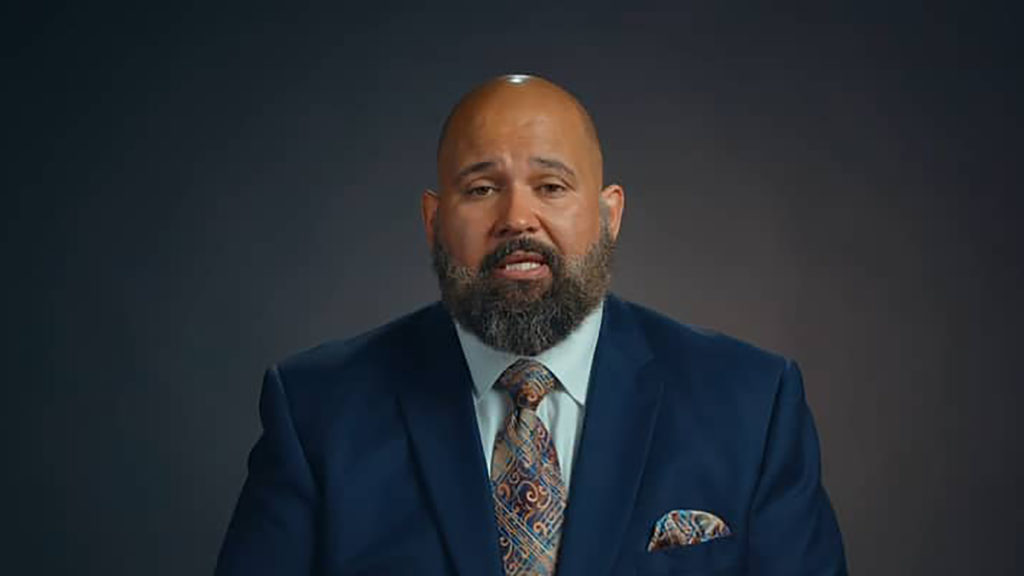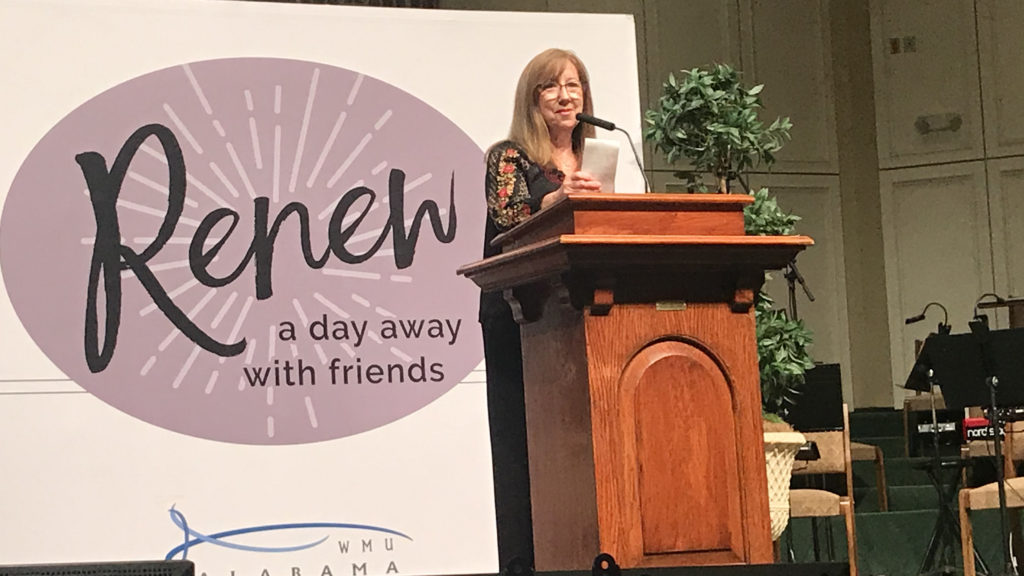Southern Baptists may indeed be planning their own funeral as a convention if something doesn’t change and change soon.
Chuck Kelley didn’t use those exact words, but the New Orleans Baptist Theological Seminary president sent that message to the more than 1,000 Alabama Baptists attending the opening session of the State Evangelism Conference at First Baptist Church, Trussville, on Feb. 25.
“On the whole our Great Commission momentum as a convention has disappeared,” Kelley said during his “State of evangelism in the SBC” sermon. Even while the convention spent two years talking about the Great Commission Resurgence, “we died on the vine,” he noted.
It all comes down to discipleship, or rather the lack of, Kelley explained.
“The most significant and influential death in the modern history of the Southern Baptist Convention (SBC) was the death of our discipleship program.
“We are like the grandchildren of farmers keeping harvest stories alive over coffee and dessert at family reunions,” he said.
Pointing to baptism numbers from the 1940s and 1950s when Southern Baptists were untouchable, Kelley explained that the evangelistic growth during the “greatest” era happened because most Southern Baptist churches had more discipleship activities than evangelism activities.
“Aggressive evangelism was matched by aggressive discipleship. We were disciplistic (a word created by Kelley to mean an evangelistic discipleship that continually seeks to incorporate both evangelism and discipleship at the same time).”
The emphasis on discipleship began to fade in the 1960s and has dropped steadily since then.
“We should have paid more attention to our discipleship process,” he said. “As time went by and the world changed, that biblical worldview inspiring evangelistic discipleship dropped between SBC generations. The heart for evangelism remained strong, but the concern for discipleship was significantly weakened.
“Time had its impact. It always does.”
Kelley pointed out that Southern Baptists have more of everything — churches, Baptists, ministries, missionaries, resources — than they’ve ever had, but they are bearing less fruit.
“The focus of our attention has become more internal, inside the church, than external, in the field,” he said.
It’s not about methods or money or even the power of the gospel, Kelley said. “The Bible speaks little of methods. … Having more money will not turn things around. … The gospel of Jesus Christ is a message of incredible power still today.”
“Discipleship is the crucial issue,” he said, noting the typical Southern Baptist church is no longer anointed and Southern Baptists are distracted.
“Our behavior, the way we live our lives, is blending more and more with our culture,” Kelley said. “Our problem is not that more of us don’t witness to our neighbors. Our problem is that more of us do not look like and live like Jesus.
“If we do not produce children, youth and adults who live out a biblical worldview, no strategy for doing church will make us salt and light in the world,” he said. “Baptist believers must be taught how to be the distinctive presence of Christ in the culture.
“In times past God has worked through our Southern Baptist churches in a mighty way. In times present God is not working in a mighty way through most of our churches,” Kelley said. “How are we going to respond to this?”
Noting the “if my people … pray” Scripture in 2 Chronicles 7:14–15 and showing a photo of the Western Wall of Temple Mount in Jerusalem, Kelley zeroed in on his main point.
At the Western Wall, also known as the wailing wall, “Jews and pilgrims from all over the world come to see and weep over what was lost and pray that one day all will be restored,” he said.
“If [Southern Baptists] do not respond, if we continue on this road we are traveling, there is only one question left: To what wall will our children and grandchildren go to weep and remember what Southern Baptists once were?
“There is no silver bullet,” Kelley said. “There is no plan of three things to do to turn your church around. There is no book I can put in your hand.
“There is only this: We pray about what we care about. If someone you know and love is in a crisis, you pray for them. If your church is facing a great crisis, you pray for it,” he explained. “Question is: How many of us care?”
During a preconference dinner, Kelley shared five major shifts in Southern Baptist life to help Alabama Baptists dialogue about the future of the SBC. To watch the video, visit www.alsbom.org/resources/videos and select “Dinner with Chuck Kelley.”





Share with others: